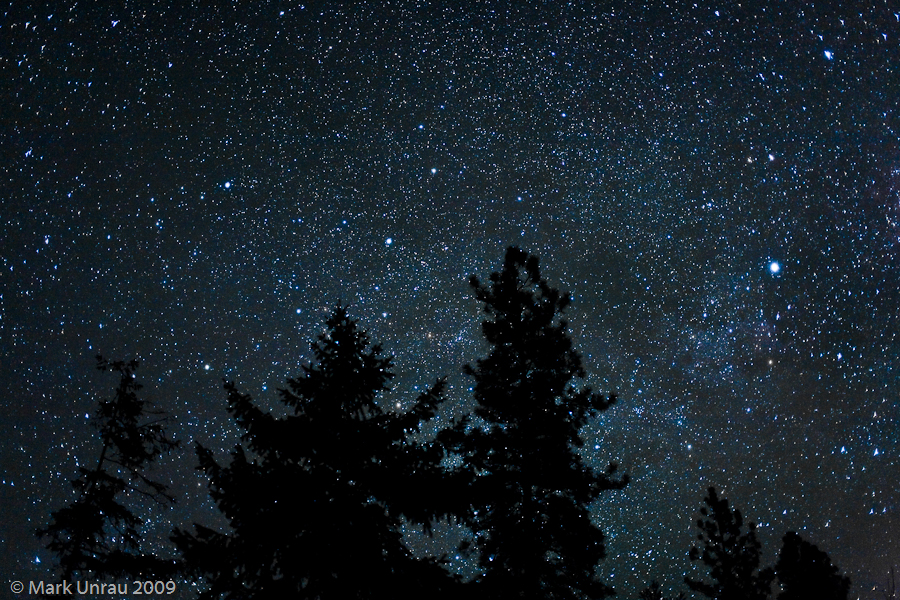Get Email Alerts When New Posts Go Live!
Glimpses of Healing and Hope
by Associate Pastor Jen Shenk

Be still and know that I am God. (Psalm 46:10)
Some of you may have heard me share reflections this past Sunday about our family’s trip to Michigan’s Headlands International Night Sky Park, and how that experience of contemplation was personally powerful. I’m so grateful that many of you have shared varying responses with me. Some have expressed enthusiasm for trying contemplation. Others have asked “how do I do this?” and, in addition, some have shared concerns of “what if my contemplation turns into inaction?”
I get Richard Rohr’s daily emails, and his latest ones have been on this exact topic of inner silence. I share some of his thoughts with you in his own words, as he says it so much better than I can:
Silence has a life of its own. Silence is not just an absence, but a primal presence. Silence surrounds every I know with a humble and patient I don’t know.
The soul does not use words. It surrounds words with space, and that is what I mean by silence. Silence is a kind of wholeness. It can absorb contraries, paradoxes, and contradictions. Maybe that is why we do not like silence. There is nothing to argue about in true inner silence, and the mind likes to argue. It gives us something to do. Yet true interior silence does not allow you to take sides. That is one reason contemplation is so liberating and calming. There are no sides to take and only a wholeness to rest in—which frees us to act on behalf of love.
To be clear, the kind of silence I’m describing does not ignore injustice. The opposite of contemplation is not action, it is reaction. We must wait for pure action, which proceeds from deep silence.
Silence can be a great teacher, if we allow it. In the space and the quiet, we can remember who we are, and who God is. We can connect to our deepest self and to one another in a way that goes beyond words and leads to a deep, centered knowing.
May you find ways during this season of Epiphany to create regular times of silence, stillness, and times of “doing nothing” so that you can remember who you are-- BELOVED. Hang out with God, and see how God’s light already shines in you (and in everybody else!). Once this becomes a starting point, then it is out of this space of centeredness that our light can shine as we serve one another.
Be still.
And then... SHINE!
About This Blog
Glimpses of Healing and Hope
Watch here for weekly stories of healing and hope, of grace, joy, and peace, of how we might continue to practice being a faithful community, opening ourselves to God to turn our hearts and words into actions that will make a difference in our world.
Janie Bishop Halteman, Kern Road west area group leader, former elder, spiritual director, writer, photographer, active grandmother, will be gathering information and authoring this post. We are delighted that she is willing to share her gifts and reflections with the congregation in this way. We hope it can be a form of inspiration to connect you in some way with God as you begin your week.
Glimpses of Healing and Hope Archive
-
May 2020
-
April 2020
-
February 2020
-
January 2020
-
December 2019
-
October 2019
-
September 2019
-
August 2019
-
July 2019
-
May 2019
-
April 2019
-
March 2019
-
February 2019
-
January 2019
-
December 2018
-
November 2018
-
October 2018
-
September 2018
-
August 2018
-
July 2018
-
June 2018
-
May 2018
-
April 2018
-
March 2018
-
January 2018
-
December 2017
-
November 2017
-
October 2017
-
September 2017
-
August 2017
-
July 2017
-
June 2017
-
May 2017
-
April 2017
-
March 2017
-
February 2017
-
January 2017
-
December 2016
-
November 2016
-
October 2016
-
September 2016
-
August 2016
-
July 2016
-
June 2016
-
May 2016
-
April 2016
-
March 2016
-
February 2016
-
January 2016
-
December 2015
-
November 2015
-
October 2015
